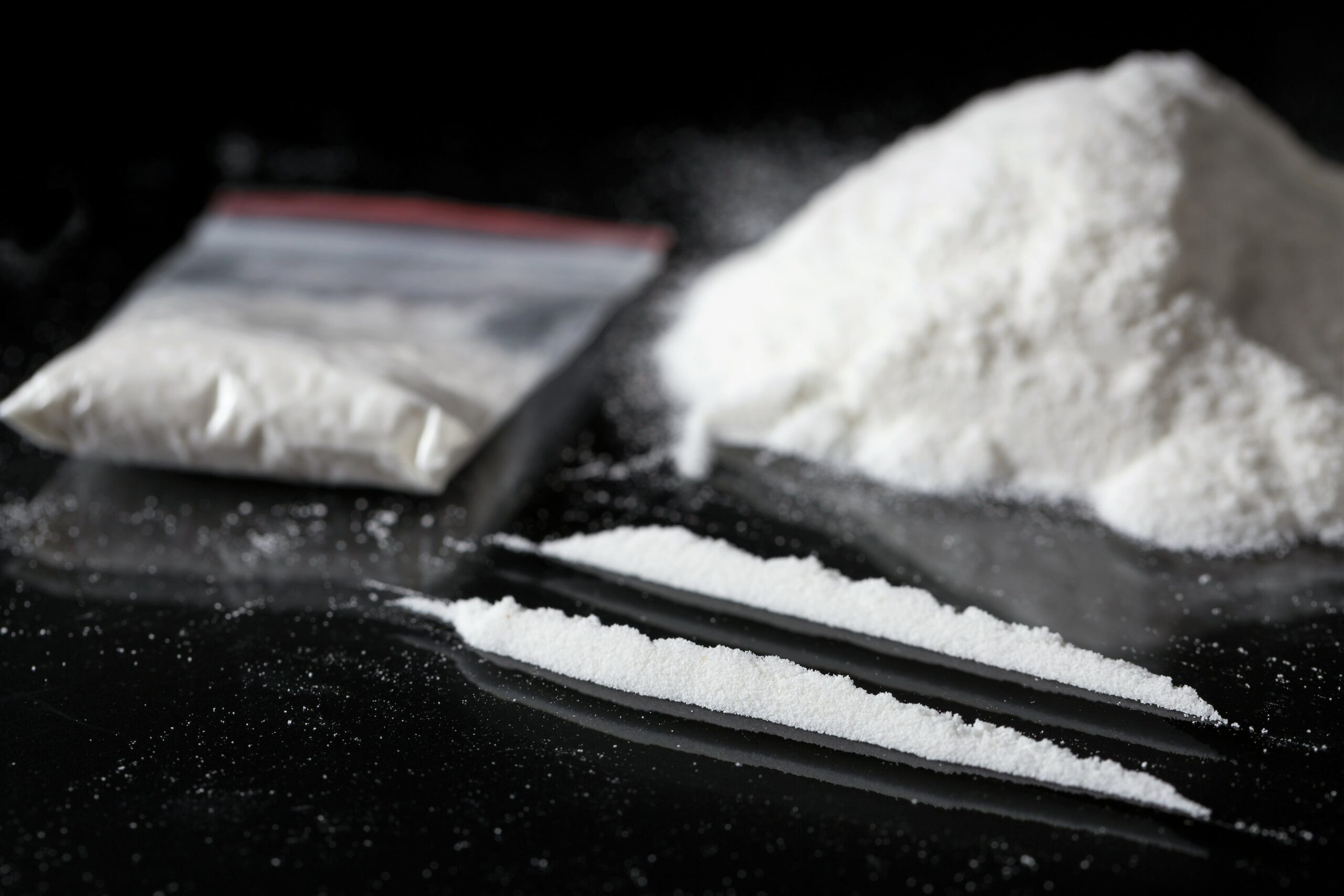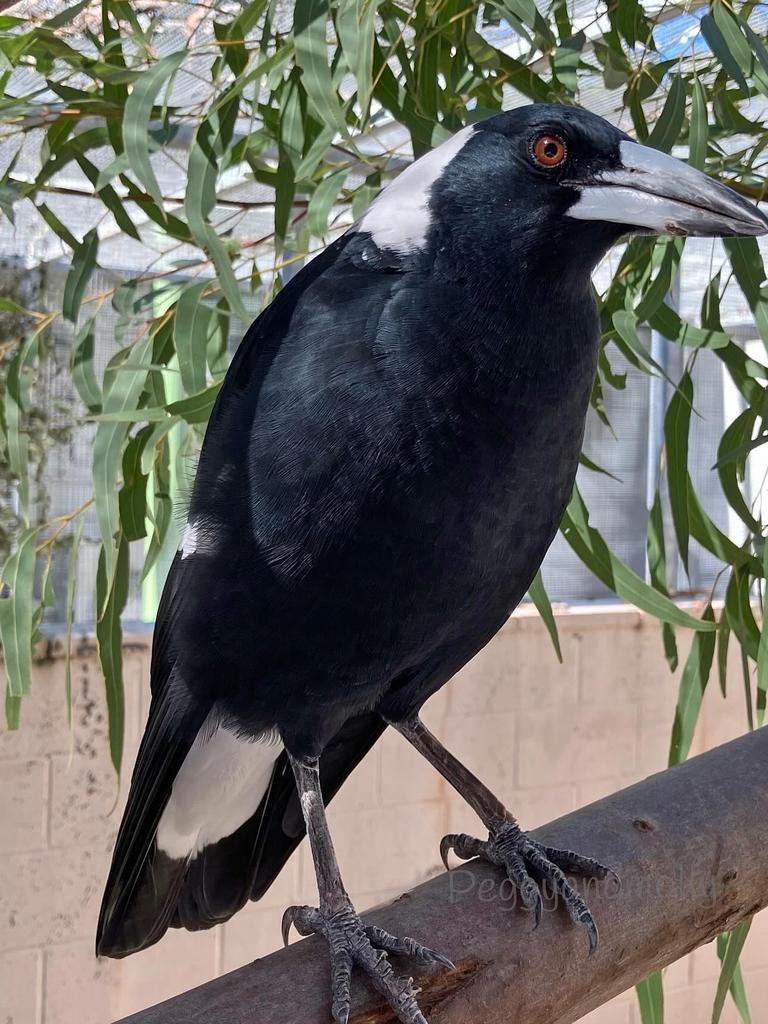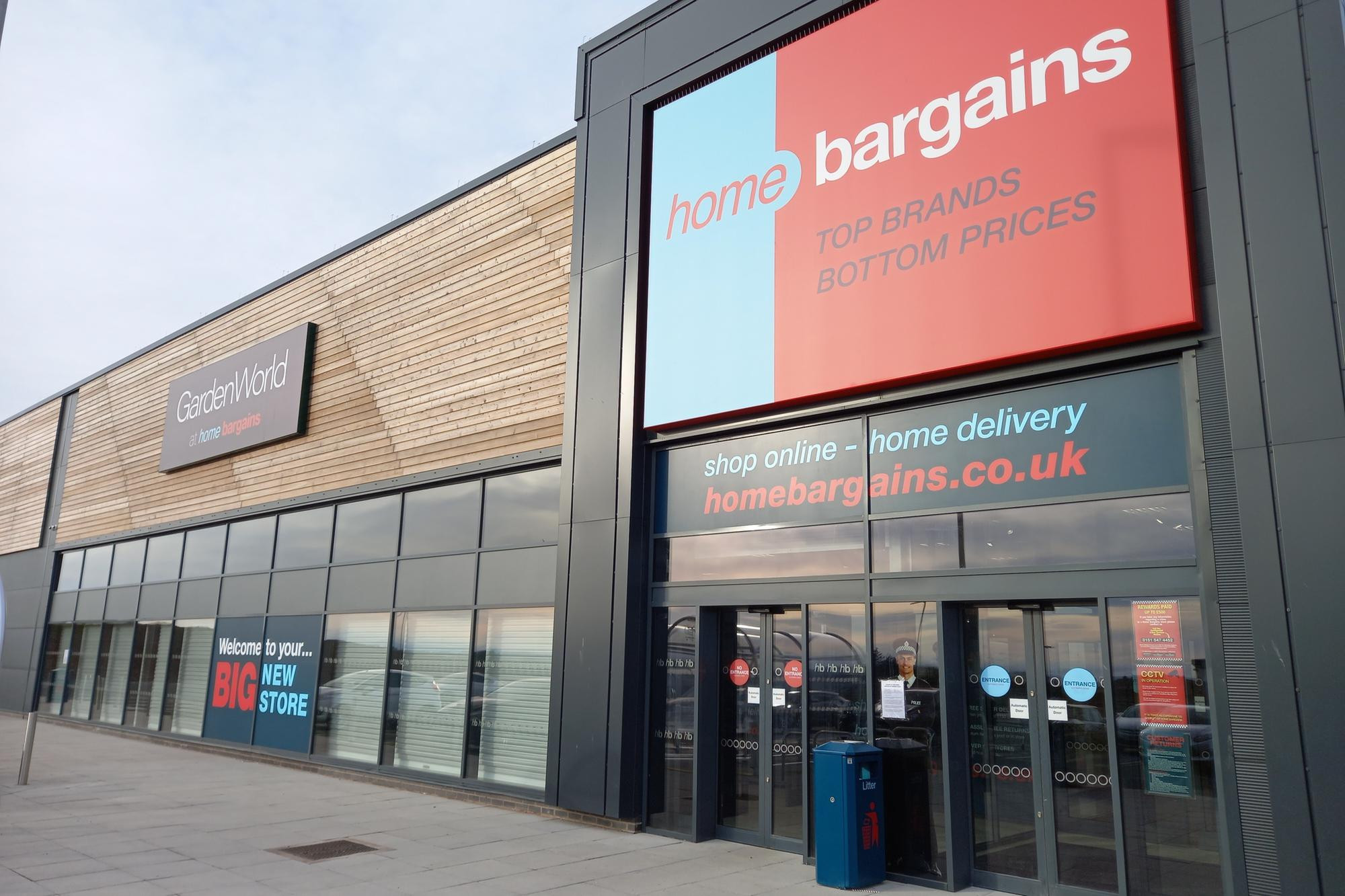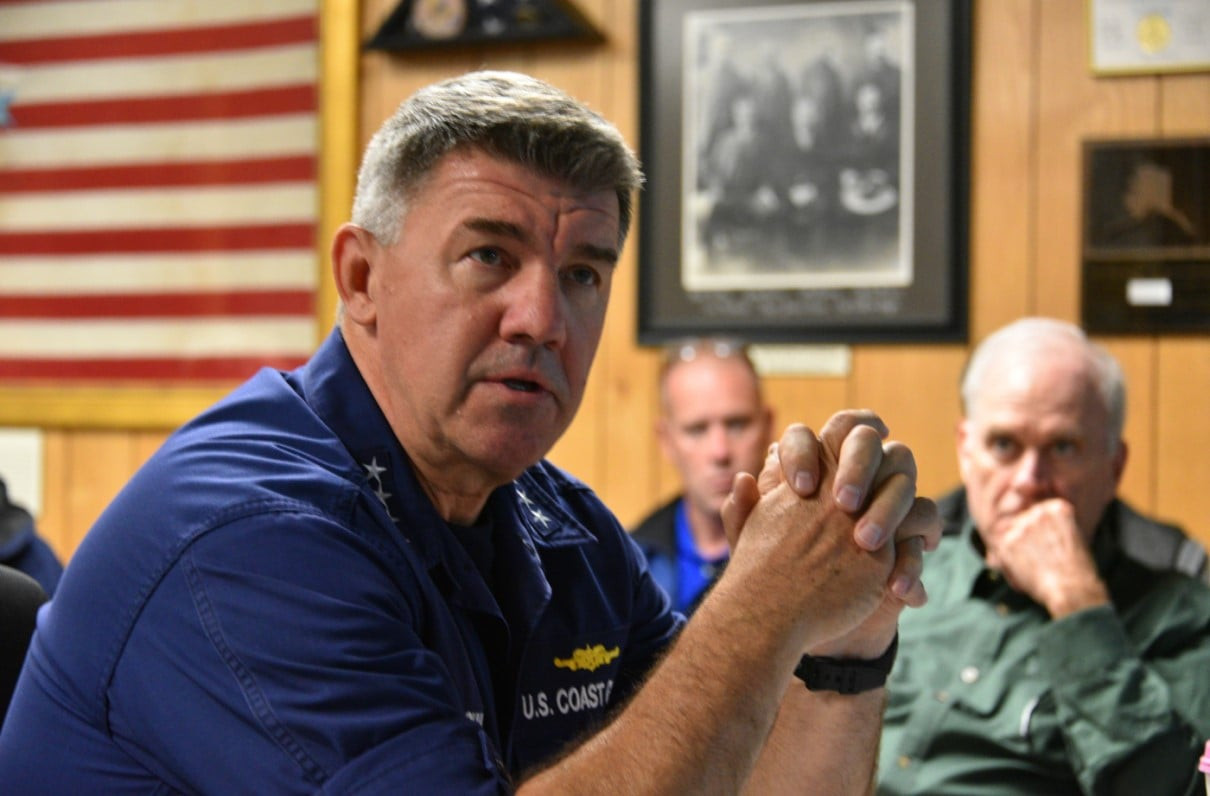Employees at a discount supermarket chain in Germany found 95 kilograms (210 pounds) of cocaine stashed inside crates of bananas, police announced on Monday. The drugs are reported to have a street value of around €7 million ($7.8 million). Police did not name the supermarket in question, but said the drugs turned up in several cities around the western state of North-Rhine Westphalia.
Cocaine Found in Banana Crates
Bricks of cocaine were first discovered by workers at two of the discount chain's stores in Mönchengladbach on September 10. Later that day, cocaine was also found at the chain's stores in the nearby cities of Duisburg, Krefeld, Viersen, Heinsberg and Neuss.
"The investigators are working on the assumption that the food discounter was not the correct recipient for the delivery, but received the goods in error," Mönchengladbach police said in a statement.
A Recurring Issue in the Global Banana Trade
This is the third time in recent months that cocaine has been found in banana shipments at retail stores in Europe. In the same week as the German discovery was made, a group of workers at the Grand Frais supermarket chain found approximately 50kg of cocaine hidden under pallets of bananas at branches in Bourgogne-Franche-Comté, eastern France.
In April of this year, employees at seven branches of Lidl in Berlin and four in Brandenburg found the same type of drug hidden among crates of bananas. This recent string of discoveries has raised concerns about the security of the global banana trade.
A Lucrative Business for Drug Smugglers
While it is not uncommon for the drug to be discovered in banana shipments, it is far more unusual for it to end up in retail stores themselves. The global banana trade has become a popular route for drug smugglers due to the large volume of bananas shipped worldwide and the difficulty of inspecting every crate.
The recent discoveries in Germany, France and the UK highlight the sophistication of the drug smuggling operations. In many cases, the smugglers are able to successfully conceal the cocaine within banana shipments and transport it to its intended destination.
A Multifaceted Response
The authorities are taking steps to combat the issue, but it is proving to be a difficult challenge. Two of Europe’s largest ports for banana shipments, Rotterdam and Antwerp-Zeebrugge, have recently started to remove PIN code entry systems for containers in favour of more secure digital passports.
However, the problem is by no means confined to the Benelux. In August, customs agents in Greece seized around 93kg of cocaine from a ship bringing bananas into the port of Thessaloniki. Later the same month, UK border police searched a newly arrived cargo of Ecuadorean bananas in Dover and found 952kg of cocaine.
A Persistent Challenge
A year earlier, Spanish customs agents and police confiscated what was the country’s biggest cocaine haul to date, amounting to 9.5 tonnes stashed in a container of bananas from Ecuador. And in June 2023, Spanish officials searched locations in Colombia and Spain and took away a total of 6.5 tonnes of cocaine found hidden among boxes of bananas.
Despite these efforts, the drug smuggling problem appears to be persisting. The latest discoveries in Germany, France, and the UK highlight the need for increased vigilance and collaboration between law enforcement agencies to combat this illicit trade.
What Does This Mean for Consumers?
The recent discoveries of cocaine in banana shipments have raised concerns about the safety of the food supply chain. However, there is no evidence that the cocaine has been contaminated or is posing a direct risk to consumers. The authorities are urging consumers to remain calm and continue to enjoy bananas as a part of a healthy diet.
The discovery of cocaine in banana shipments is a complex issue with far-reaching implications. The authorities are working hard to address the problem, but it is clear that the challenge is not going away anytime soon.
The Banana Trade: A Crossroads
The global banana trade is a vital industry, providing millions of jobs and feeding countless people around the world. However, the industry is facing a number of challenges, including the threat of drug smuggling. The recent discoveries of cocaine in banana shipments underscore the need for greater cooperation between law enforcement agencies, banana importers, and the shipping industry to ensure the safety and integrity of the global banana trade.

















